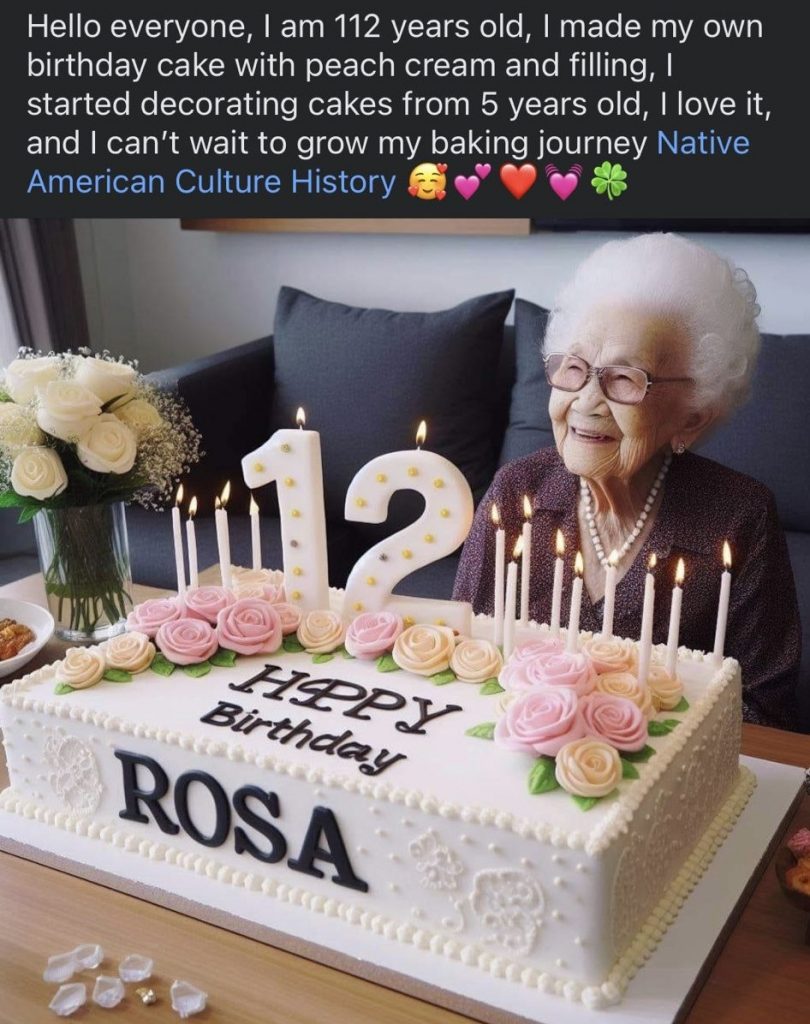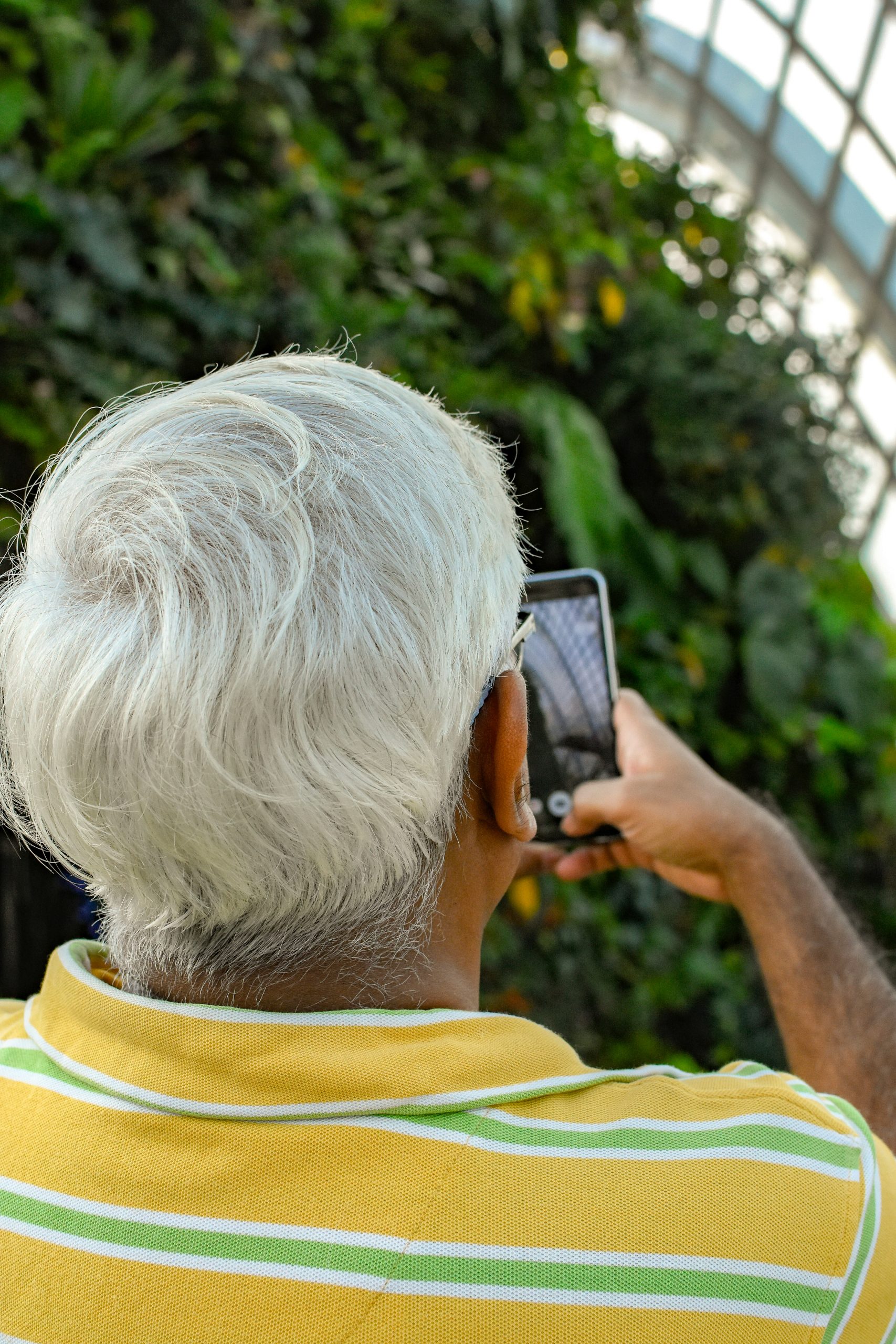I’ve expressed on multiple occasions my concern over social media’s affect on the health and wellbeing of young people. What is less discussed in the media is how it affects the older generations. The gap in the number of social media users between the youngest a oldest demographics isn’t as large as many may assume. Data from the Pew Research Center states that 58% of people aged 65+ use Facebook, compared to 67% of those aged 18-29, and 60% of people aged 65+ use YouTube, compared to 93% of those aged 18-29. That is an awful lot of people who may be being overlooked when discussing the negative effects of social media use. Gone are the days where the most high-tech gadget granny and grandpa had in their home was a cordless landline.

Anyone can fall prey to scams on social media, regardless of age.
But there are common scams that particularly target and/or affect older people:
Romance Scams
These are scams where people are lured into romantic online relationships, through social media platforms and/or dating apps, and manipulated into sending the scammers money. In the US, the amount of money lost by people on average was $2,400, but that rose to $9,000 for those over the age of 70. It’s a similar story in the UK, where the majority of romance scams affect those aged 51-65. For older people who are living off life savings and pensions, this can be financially, as well as emotionally, devastating.
Family Scams
Speaking of emotionally devastating, a scam circulated in 2022-23 that relies on the victim being a certain age for it to work. People would receive a WhatsApp message claiming to be from their child, stating that the number the message came from is their new number, and that they are some sort emergency situation that requires a sum of money to get out of (e.g. behind on rent). This scam would work best on parents of adult children who they may not see frequently enough to know whether this is a likely situation or not. Parents would be so concerned about their child’s wellbeing that they don’t stop to check on the legitimacy of these requests until it’s too late.
Online Shopping
So this one isn’t technically a scam, but it certainly presents like one. Gen Z are actually the ones who are more likely to fall for true online shopping scams. What is getting older people is the rise in “discount” online marketplaces like Temu that game-ify the shopping experience and encourage shopping addiction. The products, if they show up at all, are suspiciously cheap and often low quality. A research firm found that Baby Boomers were making more purchases and spending more by far than any other generation. These websites also market themselves aggressively on Facebook, which I mentioned above is the most-used social media platform by older people after YouTube. I’ve seen first hand how fast an older person can end up with a house full of tat and an empty bank account because of websites like this.
Data shows that older people are also more likely to circulate fake news and misinformation.
I’ve written before about how we process fake news changes as we age, with the most susceptible being the very young and the oldest old (over the age of 70). A study from 2019 suggested that Conservative American Facebook users aged 65+ were sharing 7x more fake news articles than users between the ages of 18 and 29. Since then, the fake news situation on social media has far from improved. Despite platforms claiming that they’re doing their best to tackle fake news, it is still very much rife. And with the rise in the sophistication of realism of AI generated content, I’m struggling to imagine a world in which social media will ever be free from misinformation and disinformation.

Here’s an example of a fairly obvious AI generated post (spot the mistakes!). Posts like these are designed to be prioritised by social media algorithms and are massively circulated on platforms, especially by older users. By massively I mean tens, maybe hundreds of thousands of likes and shares. Less innocent ones are used to link to scam websites and spread disinformation, and spread just as widely.
It’s not just teenagers that need to put their phones down.
As with many millennial kids I can remember sneakily messaging my friends under the dinner table. These days it’s more likely that I’m trying to drag my parents’ eyes away from their phones during meals. The etiquette they tried to maintain when social media was new has gone out the window. But they were right to be doing that. Meals have historically been social occasions across many cultures, and it’s important to spend that quality time with other people. For families it can be a good time to teach younger people about social interaction – encourage conversational skills.
A friend (30~) visited his parents (60~) recently and he had to fight for them to tare their eyes from their phones and talk. I myself have looked around the living room on a visit home and witnessed 3 generations of family members silently locked in their own social media worlds. Even together, our phones are taring us apart, no matter how old we are. LifeBonder wants to stop this happening, and reverse the damage social media has done to our social lives.




